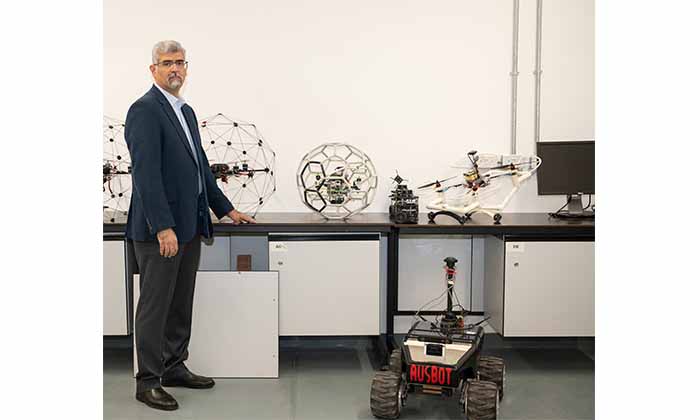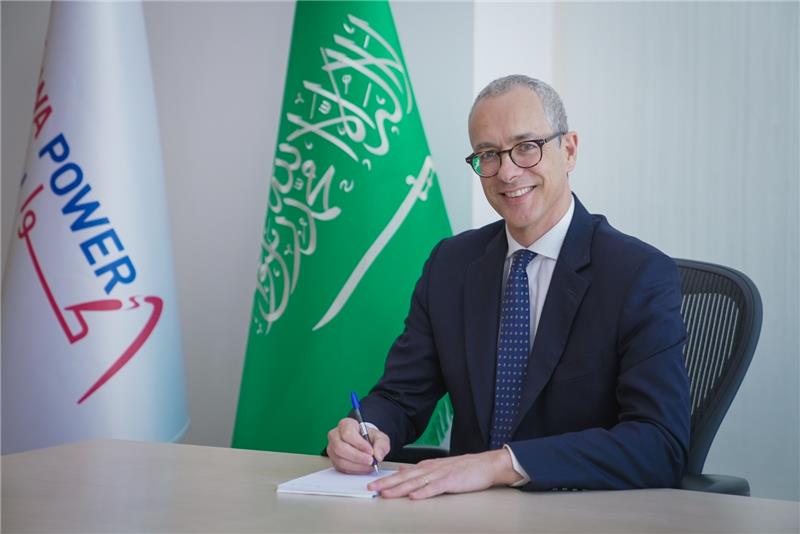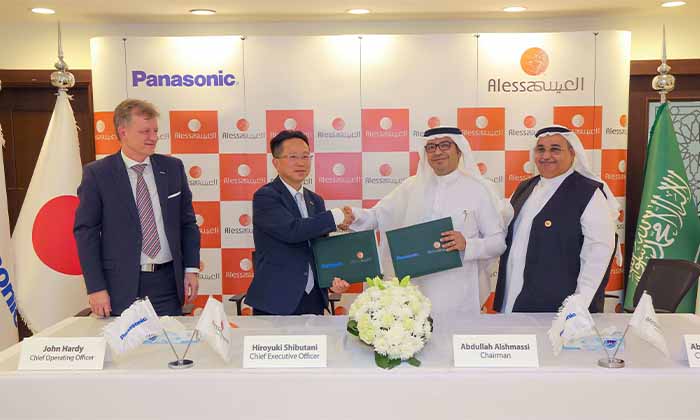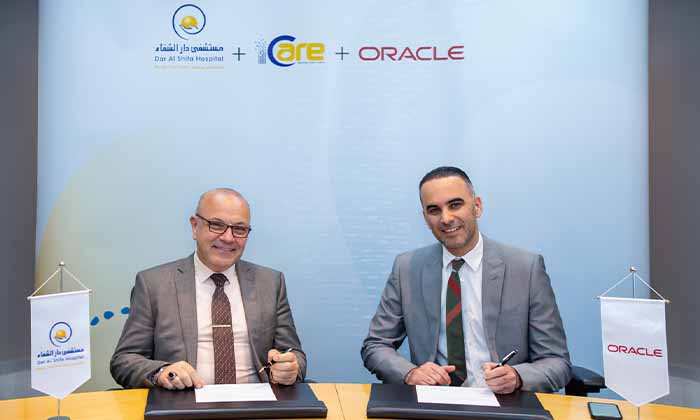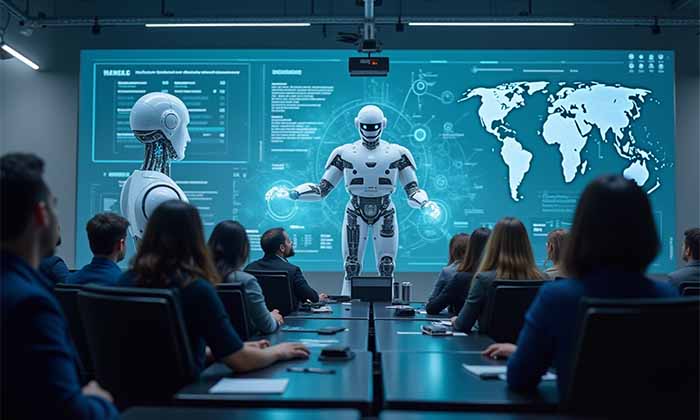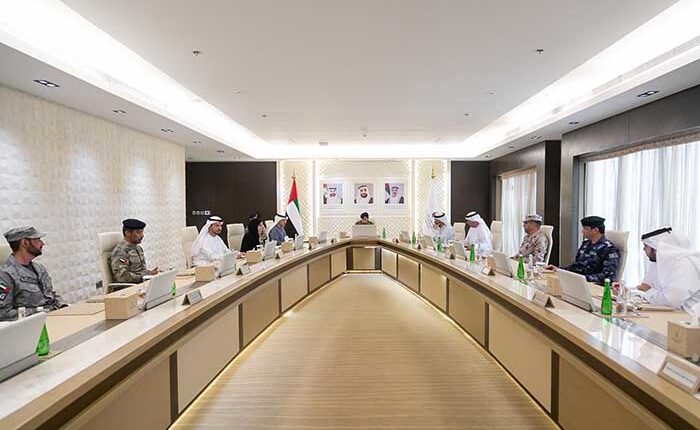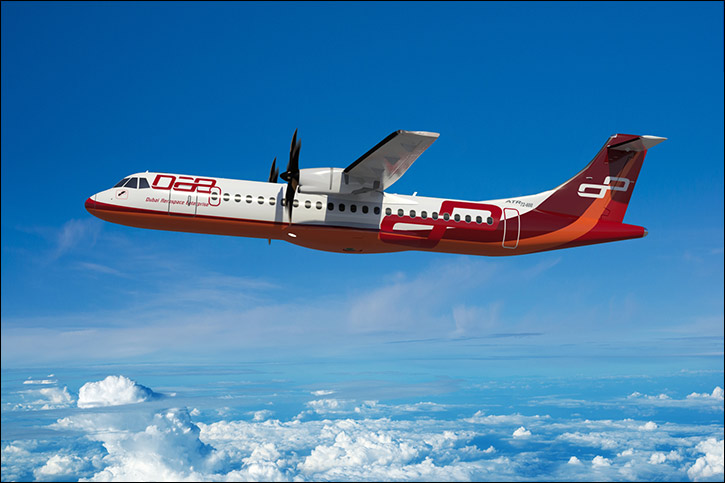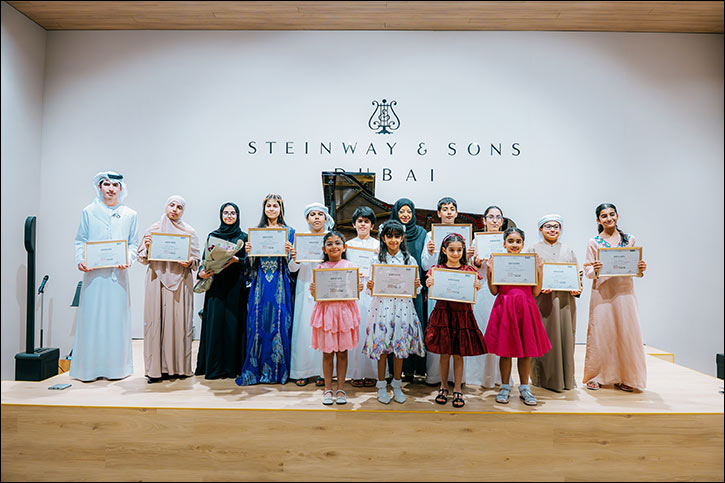The power and impact of artificial intelligence (AI) and robotics on humanity has made them crucial elements of global research in all fields—from health and industrial manufacturing to agricultural production and transportation. Dr. Mohammed Jaradat, Professor in Mechanical Engineering and a mechatronics graduate program faculty at American University of Sharjah (AUS), has put robotics at the center of his research, seeking and producing AI practical solutions that address real-world problems in areas of computational intelligence, transportation and renewable energy.
“A robot is an intelligent machine or system comprising a body and a brain. The body is responsible for implementing the tasks dictated by its brain (the controller), where the robot’s intelligence is embedded. My research accomplishments have mainly focused on developing various intelligent systems by working on innovative and autonomous robotics and AI solutions and platforms; intelligent robot path planning, motion control and obstacles avoidance systems; intelligent sensor fusion, robot navigation and localization; and computational intelligence and intelligent control. My research is fostering and deploying robotics and AI applications for the good of humanity through the development of intelligent machines, such as autonomous robots, drone solutions and self-driving vehicles,” said Dr. Jaradat.
He measures the significance of his research by the impact it can have on industries as well as the day-to-day life of the average person.
“Robots are widely used in many fields. We see them in various industries (industrial robots), autonomous or self-driving vehicles, unmanned ground vehicles and biomedical robots. They can perform tasks that are time consuming or are set in hazardous environments, help save human lives and make working environments safer and more productive,” said Dr. Jaradat.
Some examples of his work are robots that clean solar panels; pipeline inspection robots; a hybrid rolling and flying caged drone for leak detection in heating, ventilation and air conditioning ducts; designing of lightweight aerial manipulators; fully autonomous delivery robot systems; intelligent adaptive dynamic window motion control for mobile robots; and RRT*N, which is an efficient method to path-planning in 3D for static and dynamic environments.
Among the many awards his research has garnered are the Arab Researchers Award from Jordan’s Abdul Hameed Shoman Foundation in the area of robotics and intelligent systems within the engineering field, a national award at the UAE AI and Robotics for Good Awards for the in-pipe inspection robot project (within a team), and second place in the local academic robot category at the Dubai World Challenge for Self-Driving Transport (within a team). His work has also been featured in prestigious journals such as His work has also been featured in prestigious journals such as Advanced Robotics, Mechatronics Journal, Robotics and Computer-Integrated Manufacturing, IEEE Transactions on Instrumentation and Measurement, Mechanical Systems and Signal Processing, IEEE Sensors, Journal of Computational and Nonlinear Dynamics, Applied Soft Computing and Journal of Intelligent and Robotic Systems.
Dr. Jaradat has worked on his research projects in collaboration with the Robotics and Autonomous Systems research group in the AUS College of Engineering (CEN), which comprises a hybrid interdisciplinary team of experts from mechanical, electrical and mechatronics engineering programs, including Dr. Mamoun Abdel-Hafez, Professor and Head of the Department of Mechanical Engineering and Coordinator of the Mechatronics Graduate Program; Dr. Shayok Mukhopadhyay, Associate Professor in Electrical Engineering; Dr. Lotfi Romdhane, Professor in Mechanical Engineering; Engineers Ali Wadi and Wasim Al-Masri, Laboratory Instructors in Mechanical Engineering; and students in the Master of Science in Mechatronics program.This year the Robotics and Autonomous Systems Research group received the “Outstanding Interdisciplinary Research Team Award -2023” by the College of Engineering (CEN) at AUS.
The Department of Mechanical Engineering graduates engineers who are instrumental in finding new solutions that progress technology and expand humankind’s horizons, from designing manned vehicles, autonomous vehicles, space vehicles and fighter jets of the future, to finding greener ways of generating energy. AUS is ranked among the top two (tied) in the UAE and top 300 universities globally in the category of mechanical, aeronautical and manufacturing engineering, according to QS World University Subject Rankings (2023).
To learn more about the Department of Mechanical Engineering and its programs, visit www.aus.edu/cen/bsme.
To learn about the Master of Science in Mechatronics Engineering, visit www.aus.edu/cen/msmtr.
